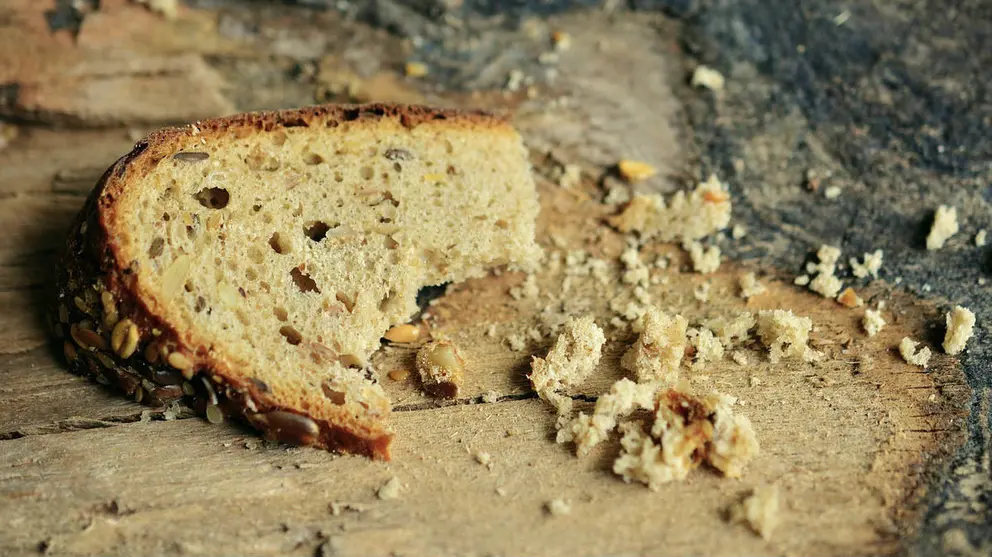Moving to another country is like learning how to play a new game. All the elements are there: the pawns/players, as the social interactions; the steps/’houses’, as every day’s vicissitudes; and the dice, as that piece of randomness with which we are sprinkled every day.
No, I didn’t forget the key element, the rules. In fact, these have the major role in our understanding of how we can play it. Knowing them is crucial, and the lack of understanding can lead sometimes to lose it.
If now I step out of these analogies and head towards my own experience of immigration in Finland, I can state that even now I’m playing the game without full understanding of the rules. This statement applies to all sorts of practicalities that someone can find when moves out of the comfort zone, or home country. We don’t know, what we don’t know!
In this column I’m going to explain how I faced the fact of not having money to buy food in Finland, and how this led me to engage in a community-based project of saving and redistributing surplus food.
I’m Portuguese, an EU citizen and an immigrant living in Helsinki.
Last summer, after working since January in precarious zero-hour contracts, losing my right to the Portuguese social security coverage abroad (after three months of moving here), enrolling in an unfunded PhD program and having a bike accident that damaged my Achilles tendon, I saw myself paying fully for my health treatments, physiotherapy and medicines.
At that time, the health physician that I was attending gave me a sick leave. Later I figured out that due to my precarious contractual conditions, I would never get anything from that. So, my options were: working as cleaner using crutches to move myself around and slowing the healing process, or not working and using my savings until I felt I was able to work again.
You may wonder, why I didn’t have a private travel health insurance. The answer is, because I couldn’t afford it. And I still can’t.
After a period of not being able to work in the type of offers that this country mostly has to offer to foreigners, not having funds and still wanting to be in Helsinki because I was starting the PhD, I got last September into a point that I didn’t have money to buy food.
Asking my family was out of the question, and I didn’t have Kela coverage (I still don’t have it) because of my precarious work conditions. So, what I feared eventually happened: I was living on the fringe of society. Or metaphorically speaking, I just had scored an odd number with my dice.
Interesting to mention that in Portugal my work was as a community-based artist, where I was working and dealing with fringe communities in public housing neighbourhoods, mostly living in precarious conditions, some of them below the line of poverty.
I asked for food from a well-known charity institution and they denied it to me because their criteria are not based in necessity but in residence permits
Knowing my condition, my next step was finding a food bank or some soup kitchen and ask for free food. At the university I was asking my undergrad colleagues for a student card in order to get food at student’s price (2,60€). Yes, they don’t consider unfunded PhD students as students. But apart from lunch, the other meals of the day were on my own. This had a huge overall impact on my mental health, in my self-esteem and self-confidence.
My first try was in the well-known charity institution close to the Kallio church in Helsinki. After my request for food and for a meeting to explain my needs, I got forwarded by them to other institutions. Their policy only allowed to give food aid to actual Kela costumers.
I couldn’t believe what I was reading in that email. In my head the question was: Why would I humiliate myself, if I had the basic social coverage of Kela? For housing, unemployment, and all the rest… I have to admit that I got enraged. It’s outrageous to deny food aid to someone, especially if your criteria are not based in necessity but in residency permits.
I felt beaten up that day, but in the end of that week I saw on Facebook that a project called KERU-Community Fridge was starting with an opening party, where all the food was made using surplus ingredients from local supermarkets. I was fascinated with the concept.
I didn’t go to that party, but in the same week they posted that they had collected some hundreds of kilos of food that was going to waste, and they wanted to distribute to whom would go there to pick it up. My soul just got filled up with hope in that moment.
Next day, I went there with two fabric bags and I faced a line of people towards the entrance. They were not only foreign-speakers, Finns were in the line too. In fact, more than the supposed foreigners.
I brought home twelve kilos of vegetables, bread, fruits and groceries. But I didn’t feel good with that. Something was bugging me and I realised that somehow, I had to pay back those goods. As soon as I got to my place, I wrote a message asking if I could help with the project and they answered me with a warm YES.
Since then, I’ve been an active member of Keru’s team giving just a tiny bit of my time in exchange for food for the whole week and a group of people that made me feel something new in this country – the sense of belonging to a community.
If you want to know more about the project, get some free food or maybe help with your time please give a look at:
https://www.facebook.com/Keruyhteisojaakaappi/
or
*Tiago Martins Pinto is a Community Artist and Researcher










